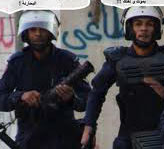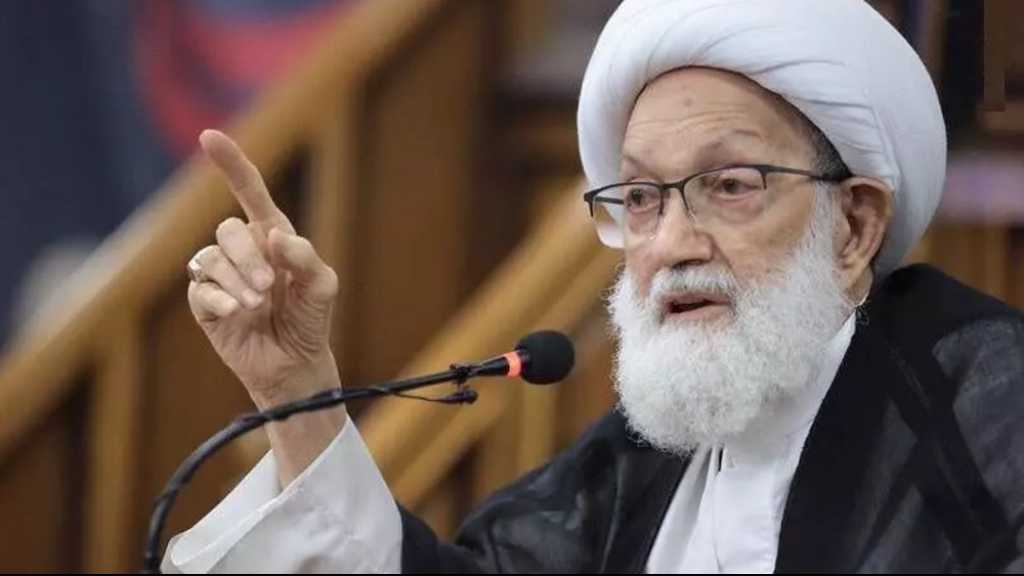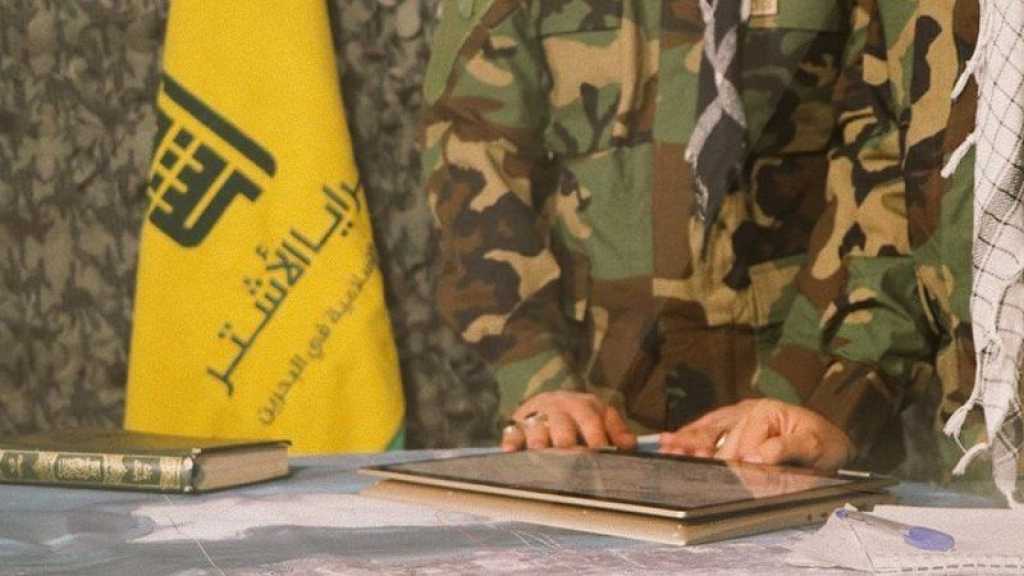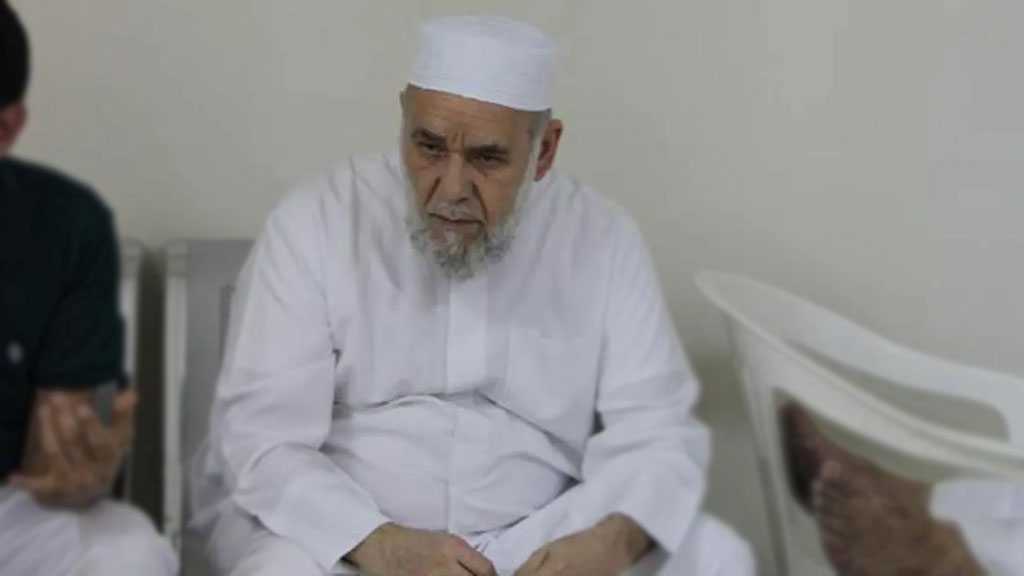
Bahraini Authorities Holds Minors, Uses Tear Gas

The office of Bahrain's prosecutor general said on Thursday it has ordered two minors to be sent to a juvenile detention center.
The state news agency BNA quoted Muza al-Naar, representing the prosecutor general, as claiming that "the two were involved in an attack by some 150 people on a police station, when petrol bombs were thrown."
It did not say when the alleged incident took place.
The two minors, both aged 14, would appear before a juvenile court on August 7, sources in the opposition said.
Meanwhile, "Physicians for Human Rights" group has accused the authorities in Bahrain of indiscriminately using tear gas as a weapon against protesters.
"This was resulting in the maiming, blinding and even killing of civilians," the group warned.
Tear gas is a generic term for a group of at least 15 toxic chemical agents that disable people by exposing their lungs, skin and eyes to irritants. CS gas is the most commonly used by for crowd control.
The report published by PHR, entitled Weaponising Tear Gas, was based on interviews with more than 100 Bahrainis and evidence gathered by PHR's investigators in April.
Its authors said the extensive and persistent use of tear gas against civilians by Bahrain's security forces during the past 18 months was unprecedented in the 100-year history of its use throughout the world.
"Law enforcement officials have deployed this toxic agent to punish protesters, inflict suffering, and suppress dissent. Usually perceived by the public and security forces as a benign tool for crowd control, tear gas, especially when used in large quantities and in enclosed spaces, poses serious health risks and even causes death," they wrote."Since February 2011, the Bahraini government has unleashed a torrent of these toxic chemical agents against men, women, and children, including the elderly and infirm."
The report said Bahrain's majority Shia community, which has led the protests demanding reforms by the Sunni royal family, had suffered abnormally prolonged exposure.
"This had led to significant increases in miscarriages and respiratory problems in areas where tear gas was used frequently," it added.
The report described instances in which non-protesters had tear gas fired into their cars or homes. In at least two cases, people died from complications related to exposure to tear gas because they were trapped in enclosed spaces, it said.
Civilians had also suffered serious wounds when their heads and limbs were hit by metal canisters fired at close range, the authors found.
The report concluded that the authorities had "routinely violated every UN principle governing police use of force". It also said the methodical use of tear gas as a weapon to attack civilians inside their homes and cars flouted international human rights law, and constituted torture, cruel and inhuman treatment.
Civilians suffered serious wounds when their heads and bodies were hit by tear gas canisters, PHR said PHR called on Bahrain's government to immediately end all attacks on civilians and suspend its use of tear gas while it conducted an impartial investigation into its misuse and held accountable those who had used the gas in excessive or improper ways.
The group also urged the government to disclose information about which toxic chemicals its tear gas canisters contained and permit scientists and health professionals to study the effects of prolonged tear gas exposure in the Gulf state.
The government rejected the report's findings, saying it "denies and condemns the use of lethal force or unlawful means in controlling demonstrations".
Source: news agencies, Edited by moqawama.org
Comments



